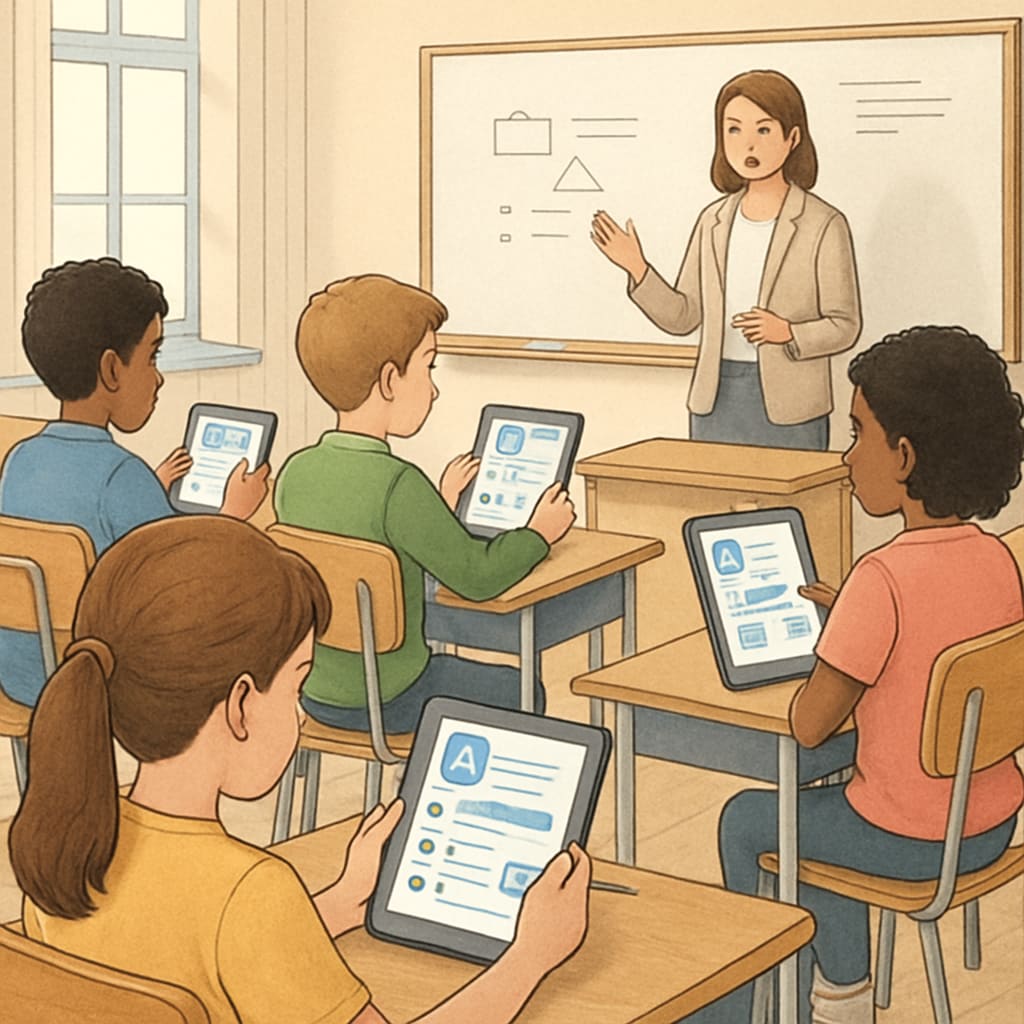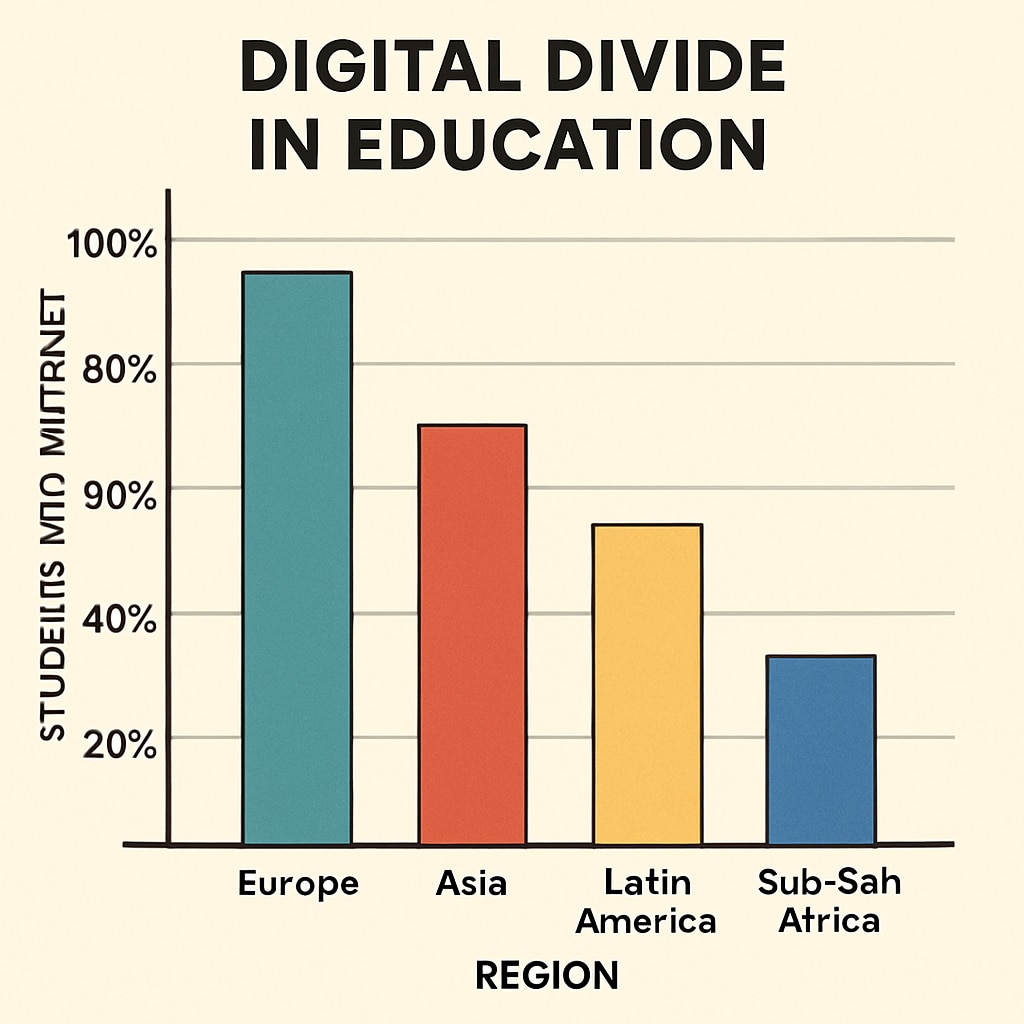Artificial intelligence in education is reshaping K12 classrooms, driving future trends in personalized learning and intelligent assessment systems. These advancements are revolutionizing traditional teaching methods, creating a more dynamic and tailored educational experience for students and educators alike. As AI continues to integrate into the education ecosystem, it brings both challenges and opportunities that demand careful attention and strategic planning.
How AI is Transforming K12 Education
AI has introduced groundbreaking innovations into K12 classrooms, enhancing both teaching and learning processes. One of the most notable advancements is personalized learning, where AI-powered algorithms analyze a student’s learning style, pace, and preferences to create customized educational experiences. For example, platforms like Khan Academy leverage AI to recommend lessons tailored to individual needs.
In addition, intelligent assessment systems are streamlining the evaluation process. These tools utilize machine learning to grade assignments, identify knowledge gaps, and suggest targeted interventions. As a result, teachers can focus more on instruction and mentorship, while students benefit from immediate feedback and adaptive learning pathways.
- AI-powered tutoring systems provide real-time assistance and clarification.
- Predictive analytics help educators identify at-risk students early.
- Gamification models encourage student engagement and retention.

Current Challenges in AI Integration
Despite its potential, integrating AI into K12 education is not without hurdles. One major challenge is the digital divide, where unequal access to technology creates disparities among students. Schools in underserved communities often lack the infrastructure to implement AI systems effectively.
Another concern is data privacy and security. AI relies heavily on student data for personalization, raising questions about how this sensitive information is stored and used. For example, the General Data Protection Regulation (GDPR) emphasizes the importance of safeguarding user data, but compliance can be complex for educational institutions.
- High implementation costs may strain school budgets.
- Teachers require training to effectively use AI tools.
- Ethical concerns arise around algorithmic bias and decision-making.

Opportunities for Future Growth
Looking forward, AI presents numerous opportunities to enhance K12 education. With advancements in natural language processing and machine learning, AI can support multilingual education by translating content in real time, making learning more accessible to diverse student populations. Additionally, virtual reality (VR) combined with AI can create immersive educational experiences, such as virtual field trips or interactive science experiments.
Furthermore, AI can empower educators by automating administrative tasks like attendance tracking and curriculum planning. This efficiency allows teachers to dedicate more time to student interaction and creative lesson design. As AI continues to evolve, its role in fostering equity and inclusion in education will be critical, ensuring that all students benefit from technological advancements.
- AI-assisted career guidance tools help students explore future opportunities.
- Smart classrooms adapt dynamically to student behavior and performance.
- Collaboration between AI developers and educators drives innovation.
While challenges remain, embracing AI in K12 education can unlock a future where learning is more personalized, efficient, and inclusive. Educators, policymakers, and tech developers must work collaboratively to navigate these complexities and harness AI’s transformative potential.
Readability guidance: Use short paragraphs and bullet points to summarize key ideas. Ensure smooth transitions between sections, and balance technical details with accessible language for broader readability.


